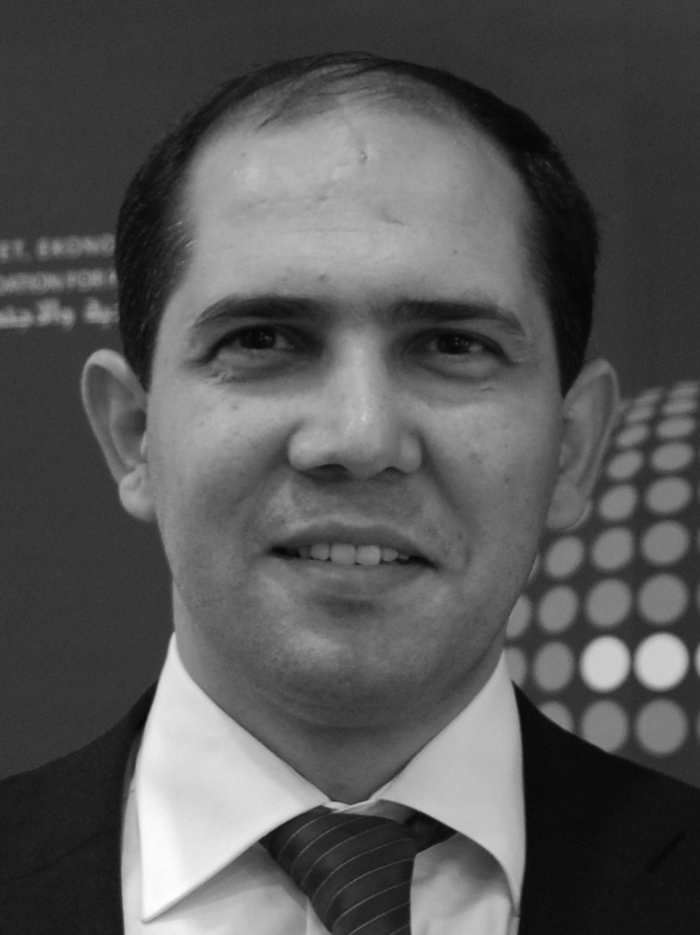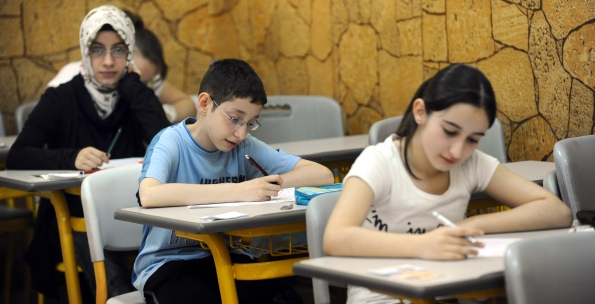The statement of the Ministry of Education, Nabi Avcı that the Placement Test for the Secondary Education (SBS) will not be held next year increased uncertainty about what kind of an enrolment system will be introduced. Furthermore, parents of the 8th grade students are particularly concerned because the ministry has not yet announced any particular system to be adopted next year. The Student Selection system is directly related to what kind of a future and society we desire because whether or not a high school system is equitable has direct social and political results in any country. Therefore, it is a mistake to consider this issue as a technical issue only of concern to experts. On the contrary, the Ministry of Education should seek opinions of various groups and people from different fields notably parents on the decisions of the Ministry bureaucrats regarding the future of the SBS. In this sense, it is necessary to hold wide-ranging discussions on the issue. One should understand what the current problem is and how we ended up in this situation before discussing what to do for the future of the Placement Test for the Secondary Education. The opinions briefly outlined here are covered in the analysis titled “the Future of the Secondary Education in Turkey: Equality or Hierarchy” soon to be published by SETA.
HOW IS THE CURRENT EDUCATION SYSTEM?
As of this year, almost half of the secondary school graduates will take the high school entrance exam. That is to say almost half of the students will enroll in high schools according to their exam scores rather than enrolling high schools in their neighborhood. Furthermore, some of the other half will have to enroll in vocational high schools which may be located in a different district. Such a system has a heavy economic and psychological burden on parents and students. So, is it possible to say that Turkey has a qualified secondary school structure in return for such economic and psychological burden? In Turkey, considerable differences exist among schools when student achievement in different types of schools is analyzed. For instance, differences in the average student achievement vary drastically from a Science High School to a vocational high school. Worse still, the gap of achievement among secondary schools in Turkey has significantly increased over the years. In other words, student achievement in some schools has improved while it decreased in others.
The main problem of the secondary education in Turkey today is the hierarchical structure among high schools. The research indicates that Turkey tops the list in high inequality rates among schools when compared to the OECD countries. Turkey, when compared to other OECD countries, draws attention as the country where wide differences exist in achievement of schools. There are numerous reasons lying behind this. First of all, students are required to take high school entrance exam. This system groups good students according to their achievement. The second reason is the weighted high school GPA which was in practice from 1999 to 2012. The weighted high school GPA gave an advantage to the schools, where successful students are enrolled, in university entrance system. This, on the other hand, put more pressure on students to get into successful high schools. The third reason is the unequal distribution of human and psychical resources among different types of high schools. For instance, teachers was required to take an exam in order to be appointed to schools such as Science High Schools and the Anatolian High Schools while no exam was required for teachers to be appointed to other schools. Similarly, there is not any limitation to the number of students in each class in public high schools while other schools offering admission tests to students are prioritized. Not only is this incompatible with the principle of equal opportunity in education but also it increases pressure on transition to high school.
HOW DID WE END UP IN THIS SITUATION?
In short, the curren









